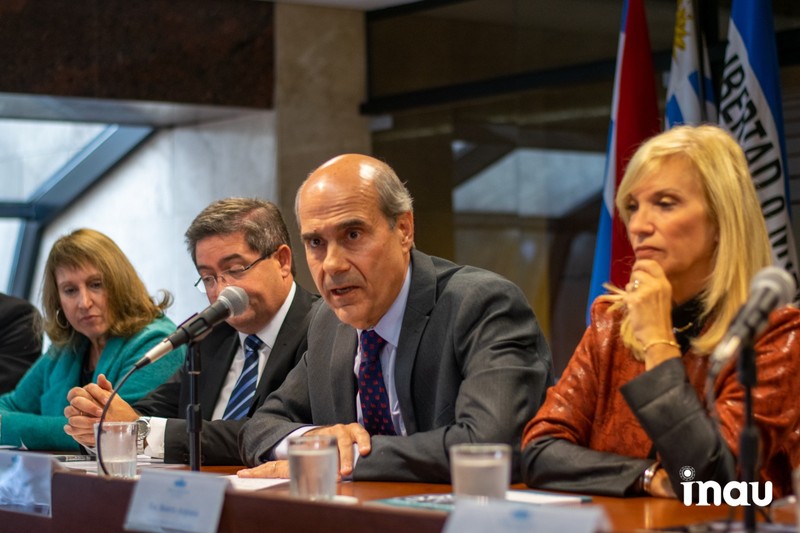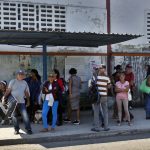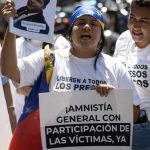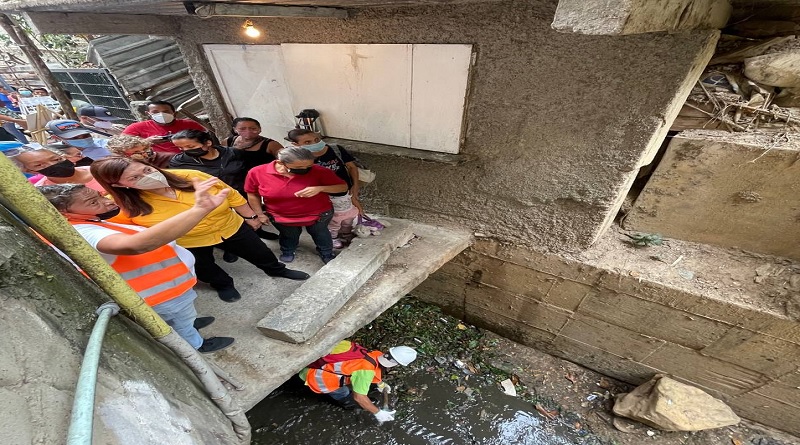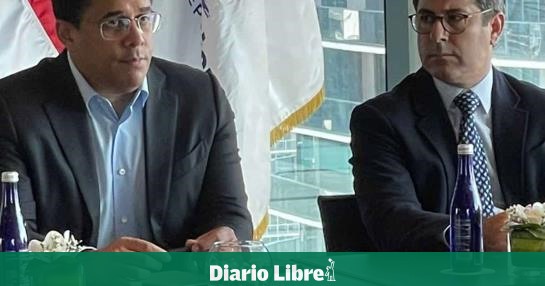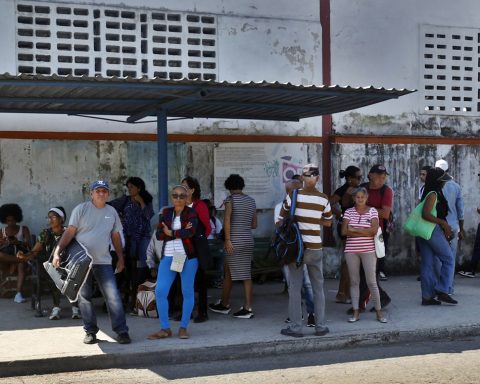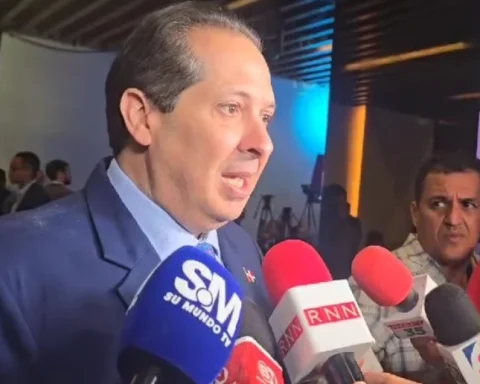7,035 situations of violence against children and adolescents were detected in 2021
The figure, which corresponds to the situations detected and intervened by the Comprehensive System for the Protection of Children and Adolescents against Violence (SIPIAV), implies a total of more than 19 situations per day and an increase of 2,124 cases compared to 2020.
Within the framework of the World Day to Combat Violence against Girls, Girls and Adolescents, the SIPIAV 2021 Management Report was presented in the Acuña Figueroa Chamber of Parliament. The event was attended by national and institutional authorities, technicians and territory operators. According to the data, in 2021, 7,035 situations of violence against children and adolescents (NNA) were registered and attended to, which implies an average of 19 situations per day.
María Elena Mizrahi (Coordinator of SIPIAV) and Darcy Bataille (member of SIPIAV), were in charge of presenting the 2021 Report. According to it, the types of violence are varied; the highest percentage corresponds to emotional abuse (37%), followed by sexual abuse (20%), physical abuse (17%) and negligence (24%). It is noteworthy that all situations of violence involve emotional abuse, and that is where they mainly enter the system.
Both members of SIPIAV highlighted that violence occurs, to a greater extent, in two main age groups: from 6 to 12 years old (37%) and from 13 to 17 years old (35%). If we discriminate by sex, there is a greater detection of abuse in the female sex: 3 out of 4 situations of violence correspond to the female sex. According to the report, “this trend remains present, confirming that the gender variable is an indicator of vulnerability in situations of violence and placing girls and adolescent women in a place of greater probability of suffering mistreatment and/or abuse.”
Bataille also highlighted the high percentage of violence suffered by children and adolescents within their family or cohabitation nucleus: 91% of the aggressors make up this group. “This shows that, despite being in charge of caring for children and adolescents, their direct relatives are the ones who violate them the most,” said Bataille, adding that “this makes it difficult to visualize the damage.” It should be noted that, percentage-wise, fathers are in first place (39%), followed by mothers with 23%.
For his part, Pablo Abdala, president of INAU, stressed that although “we are better in terms of reporting and recording” situations, “violence against our children and adolescents is a serious problem, which is reproduced and it grows”. “We must place the issue on the agenda of Uruguayans”, emphasized the president, “it is essential to make our citizens aware of the proximity of the problem. We cannot look to the side and assume that the violation of rights, especially in the family sphere, is a reality with which we live.
The president highlighted the joint work of the different institutions that make up SIPIAV. He also highlighted the opening of new devices throughout the country, since “more than 50% of the situations of admission to INAU correspond to situations of violence.” “There is a lot to do and we have a very long way to go,” said Abdala. “All these efforts are essential, but complementary to the presence of the state and civil society in the territory: this is essential from the perspective of training in non-violence, prevention and detection.”
The Vice President of the Republic, Beatriz Argimón, was present during the oratory and expressed that “every April 25 is a sad date, for having to face these numbers that reflect a serious social problem. We will not come out of this if there is no permanent exercise of visualizing the problem by Uruguayans”. “Reaching out to the victims, and to those who are not perceived as victims, is an issue for the entire Uruguayan society. We have to take charge as a society, ”she assured. In addition, she highlighted the role of SIPIAV and its work in the territory, throughout the country: “there is effective institutional work, it is not just presenting numbers. SIPIAV is in a permanent advance”. To conclude, she thanked Parliament for “being the house chosen to present the annual report, because from this institution we are totally committed to the issue.”
Andrea Brugman, Undersecretary of the Ministry of Social Development, highlighted the operation of the different mechanisms of the Ministry in the territory to deal with situations of violence against children and adolescents. “I consider our participation in SIPIAV to be vital in order to continue working on the prevention and care of situations of violence and abuse,” she said.
For his part, José Luis Satdjian, undersecretary of the Ministry of Public Health, recognized the inter-institutional work carried out by SIPIAV, and stressed that “the health sector is fundamental, because violence has consequences on health.” “We are concerned about the naturalization of these situations. We have gained in rights in recent years, but violence has grown, ”he reflected.
To conclude, Leonardo Cipriani, president of the Board of Directors of the State Health Services Administration (ASSE), assured that “for ASSE, this task is essential. That is why we have created the Directorate for Boys, Girls and Adolescents, which operates throughout the territory, and a unit specialized in violence based on gender and generations”. “We must continue to increase the work in all institutions,” said Cipriani. “We need more territorial detection devices, more training, to detect these cases earlier. Throughout the country, not just in Montevideo,” he added.
About SIPIAV
Coordinated by the Uruguayan Institute for Children and Adolescents (INAU), SIPIAV is made up of the Ministry of Social Development (MIDES), the Ministry of Public Health (MSP), the State Health Services Administration (ASSE), the Ministry of the Interior, the National Administration of Public Education (ANEP), and the Office of the Attorney General of the Nation, with the support of UNICEF.
The maltreatment and sexual abuse against children and adolescents represents a violation of fundamental human rights. It transcends the intimacy or privacy of the family environment and becomes a social, public matter and therefore a collective responsibility. To report situations of violence, there is the Blue Line service (24 hours): 0800 5050.
